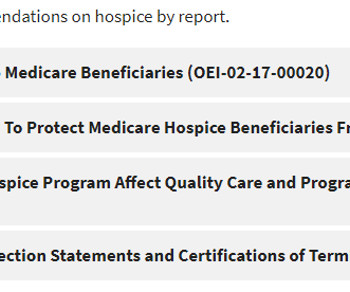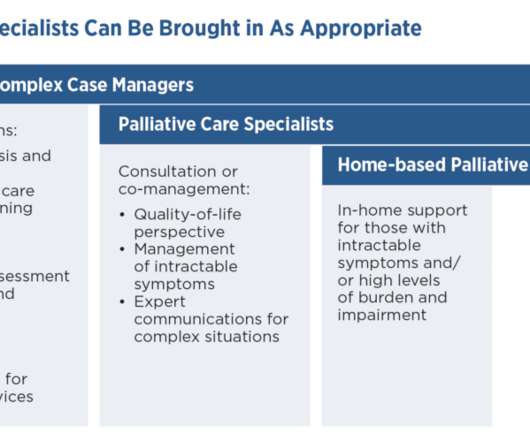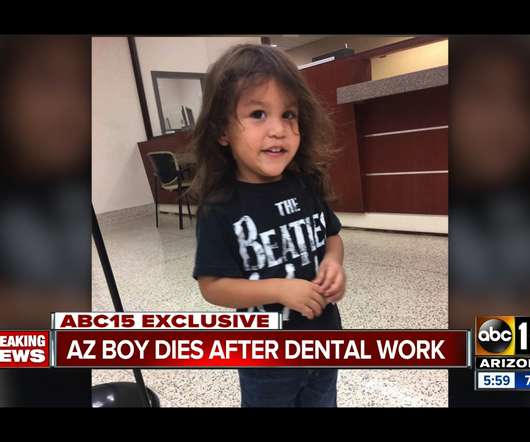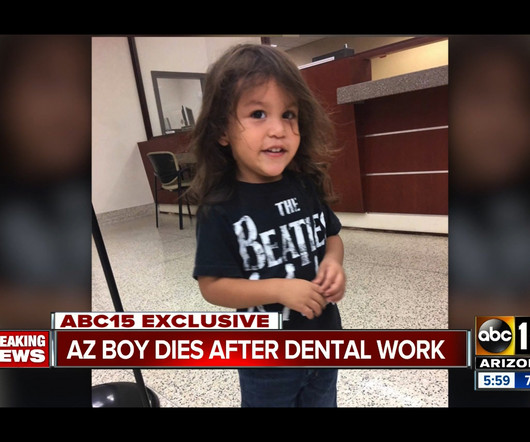CMS is Taking Action to Address Benefit Integrity Issues Related to Hospice Care
Briggs Healthcare
AUGUST 23, 2023
The Centers for Medicare & Medicaid Services (CMS) has an important role to play in ensuring that hospices are providing necessary and critical, high-quality care to our Medicare beneficiaries at the end of life. Unfortunately, hospices are profiting from fraud at the expense of beneficiaries far too often.


















Let's personalize your content